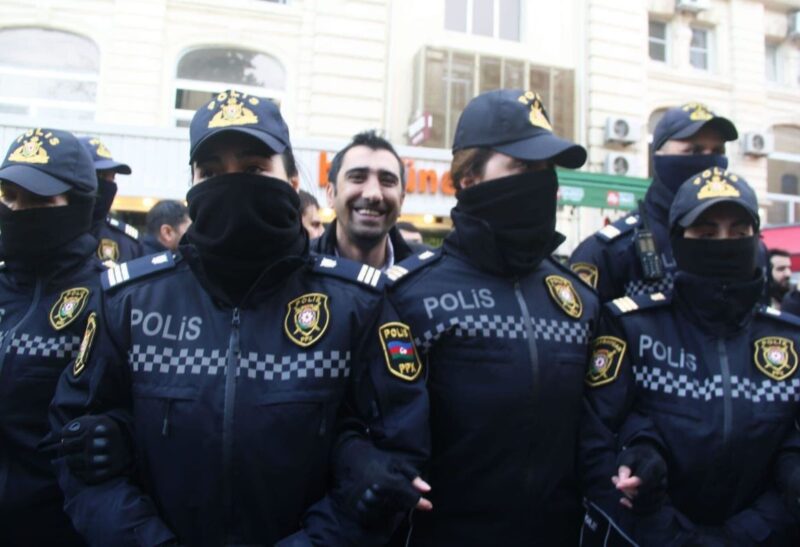This week saw German officials in an Azerbaijani scandal, presidential candidates’ finances, and border talks and map disputes.
German officials face charges in multi-million dollar corruption scandal linked to Azerbaijan
German officials Axel Fischer and Eduard Lintner are under scrutiny as the Munich Prosecutor’s Office charges them with bribery. The accusations involve accepting millions of dollars from the Azerbaijani government. The case is also connected to the late Karin Strenz, a member of the Christian Democratic Union who unexpectedly passed away in 2021.
The Munich Prosecutor’s Office alleges that Fischer and Lintner received substantial bribes from Azerbaijan, aiming to influence their parliamentary decisions in favor of the country. The late Karin Strenz is accused of promising to act according to Azerbaijan’s interests in exchange for financial gains.
The corruption scandal highlights a broader pattern of illicit financial transactions and undue influence within the German political landscape. The accused officials allegedly played a role in shaping decisions within the Parliamentary Assembly of the Council of Europe, raising concerns about the integrity of the political process at an international level.
Financial snapshot of Presidential candidates’ funds
The Central Election Commission (CEC) has released the second preliminary financial report detailing the income and expenses of the election funds for various presidential candidates in Azerbaijan. Ilham Aliyev leads with an election fund income of 720,200 AZN, largely sourced from individuals, legal entities, and the nominated party. Significant expenses, amounting to 481,776.42 AZN, were incurred for pre-election campaign activities and consultation services.
Other candidates, such as Zahid Oruj, Razi Nurullayev, Gudrat Hasanguliyev, Fazil Mustafa, Elshad Musayev, and Fuad Aliyev, reported varying fund sizes and expenditure patterns. Notably, Fazil Mustafa’s election fund stands at 61,400 AZN, with expenses allocated for signature collection efforts and pre-election campaign measures.
The second preliminary financial report, spanning January 18 to 28, 2024, sheds light on the financial dynamics shaping the upcoming presidential election, providing insight into candidates’ funding sources and the utilization of funds for campaign-related activities.
Border delimitation talks between Azerbaijan and Armenia continue
Deputy Prime Ministers Shahin Mustafayev of Azerbaijan and Mher Grigoryan of Armenia met on January 31 for the sixth session of the Commission on State Border Delimitation and Border Security. The meeting, held in the Gazakh district, aimed to address the ongoing border disputes between the two countries. However, specific details of the discussions were not disclosed, leaving uncertainties about the progress made during the talks.
According to Armenian Deputy Prime Minister Mher Grigoryan, the meeting focused on determining the types of documents and maps to be used in the border delimitation process. The lack of clarity on this issue has been a point of contention, with Armenia proposing the use of Soviet maps from 1975, a suggestion not accepted by Azerbaijan. The disagreement on historical maps remains a significant hurdle in reaching a consensus between the two nations.
As expectations for clarification on border delimitation persist, the talks mark an ongoing effort to address longstanding issues, with both sides navigating challenges in finding common ground.



